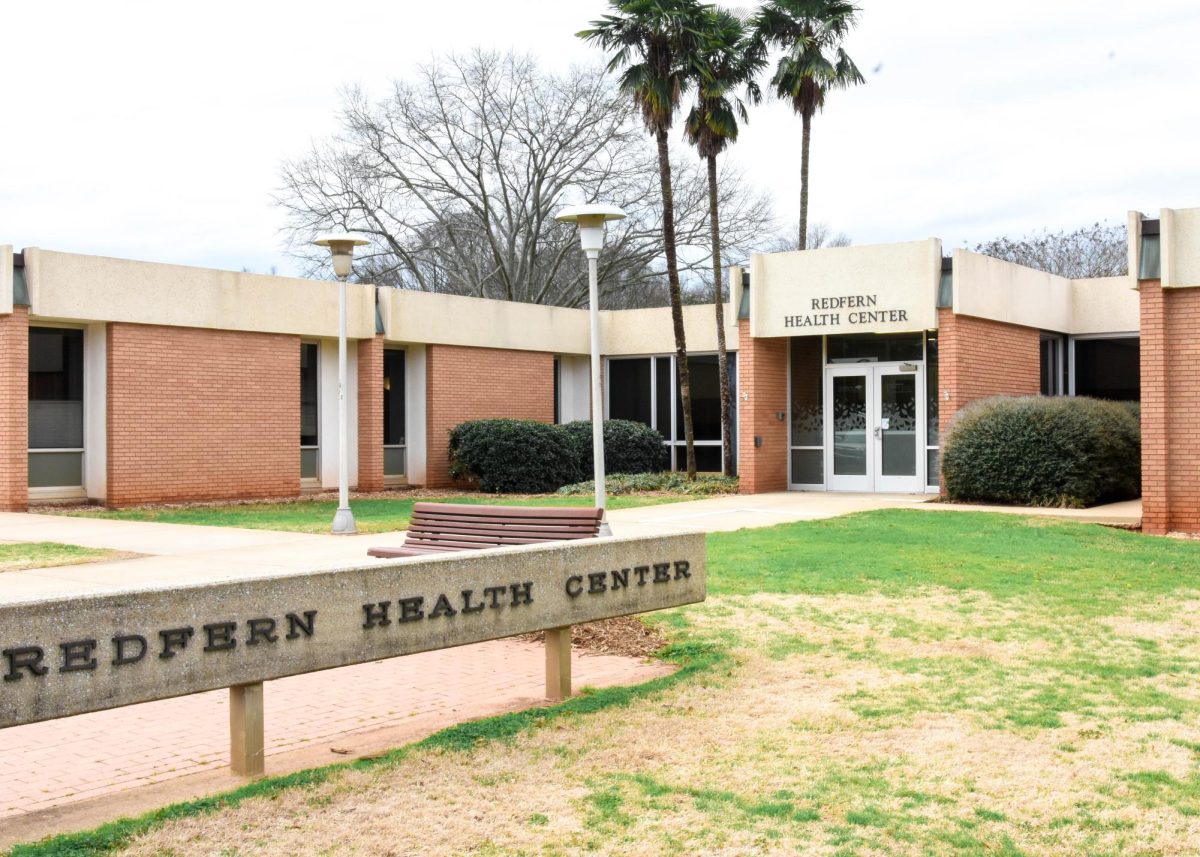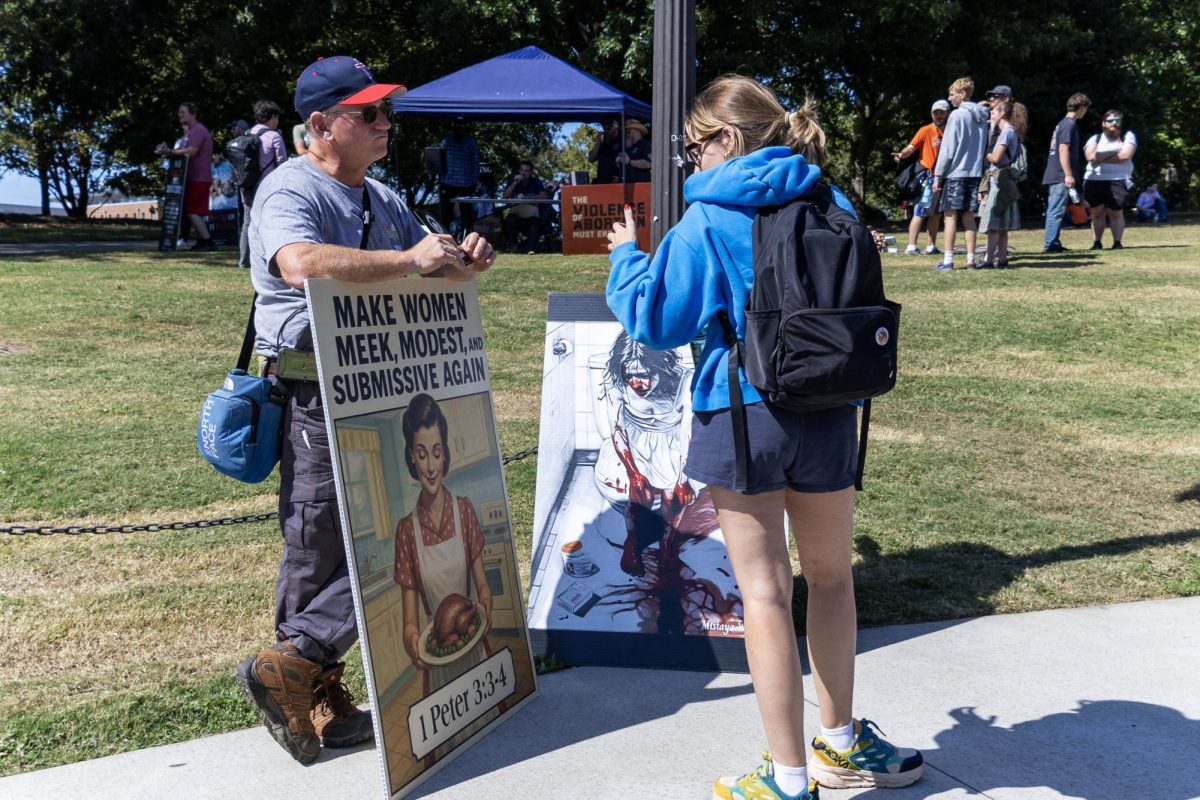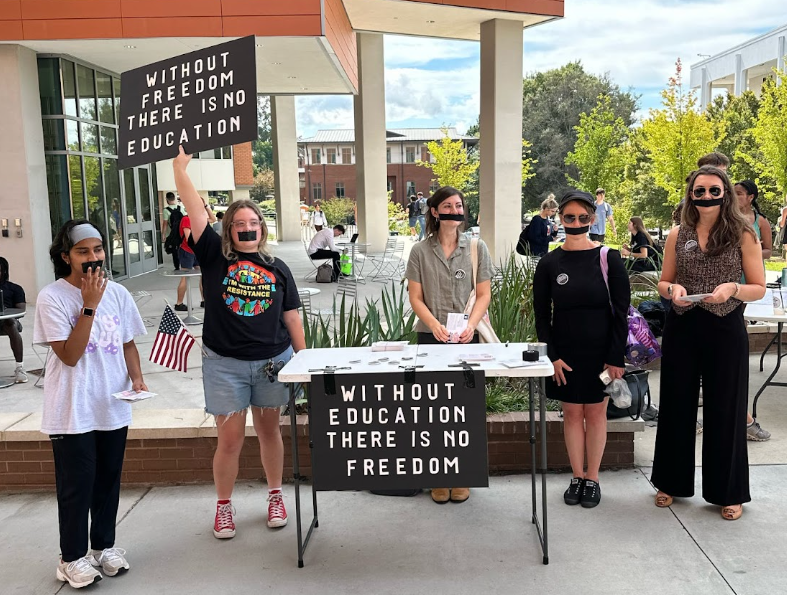By recently reconciling employee salaries and filling positions, Clemson’s Counseling and Psychological Services reduced its wait period from an average of 10 days down to 1 day after first contact.
Lesslie Pekarek, M.D., the director of medical services at Clemson’s Redfern Health Center, provided updates on CAPS at the quarterly board of trustees meeting on Feb. 1 and 2 in Charleston, South Carolina.
Pekarek noted that CAPS identified areas of improvement, such as finding resources for demand increases, improving provider clinical time and reviewing schedule density to maximize patient access.
CAPS took action by identifying a clinical practice manager to oversee provider scheduling. It then implemented a tiered organizational structure to disperse administrative responsibilities and provide better oversight of after-hours and crisis management for students to receive care 24/7.
“They were down six clinicians out of around 20,” Pekarek said, insinuating that CAPS didn’t have enough clinicians for the number of students needing appointments.
CAPS is looking to develop training opportunities with healthcare organizations and allow rotations of psychiatry and psychology trainees to come through Student Health Services, Pekarek added. These opportunities could generate potential employment interest in students.
Pekarek noted that counseling careers are very rewarding and that CAPS wants to foster that interest for students, as it plays a critical role on Clemson’s campus by providing exceptional care for students in crisis. She also added that CAPS utilizes a highly capable staff from all levels of training, including psychology interns led by Ph.D. clinicians.
During the presentation, Pekarek also mentioned that Health-E Campus, the electronic health promotions branch under Student Health Services, has been successfully implemented in recent years and has helped student engagement. Health-E Campus connects with all health-related behavioral choices for students.
“They get a hold of the students at every point in their journey,” Pekarek said.
Pekarek also touched on room for improvement of Redfern’s facility, arguing that the facility is unassuming on the outside, causing people to underestimate the variety of services offered.
“I don’t feel that our current facility is reflective of the excellent quality of care,” she stated.
CAPS plans to continue with its telepsychiatry partnership and explore more ways to expand the program by partnering with colleagues in Military & Veteran Engagement to have a specific counselor dedicated to the program.
Currently, one of the main goals of CAPS is to intervene before students need intensive services. To accomplish this goal, CAPS is working with its chief well-being officer to advocate for resources and to develop early intervention programming.
CAPS plans to send out a new digital newsletter to students that focuses on health and well-being and highlights programs and individuals across campus who provide necessary health services.
The Aspire to Be Well program through CAPS, which is required for all incoming undergraduate students, has been successful. Departments have reached out on multiple occasions to Health-E campus colleagues to provide bystander intervention or suicide prevention services for students.










